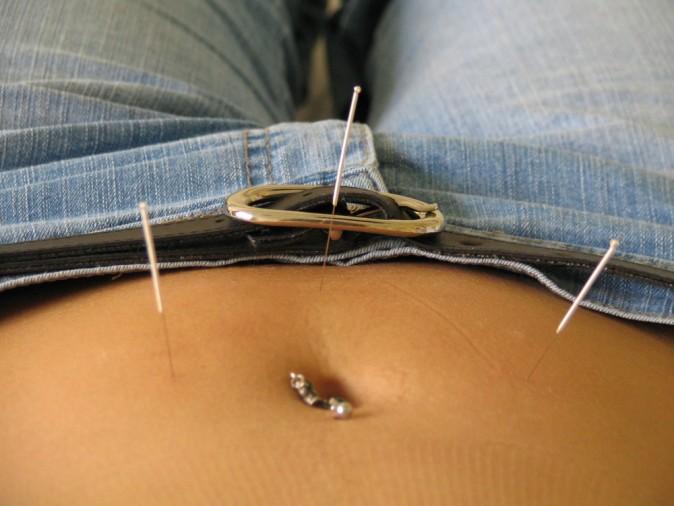Have you ever experienced repeated occurrences of acute pain, or the exacerbation of chronic pain, especially when you are feeling stressed?
For instance, you just got up from a chair or the couch and all of a sudden you can’t move! You wrack your brain trying to figure out what could have caused it. You can’t think of anything you did out of the ordinary. Underlying stress could be the culprit!




